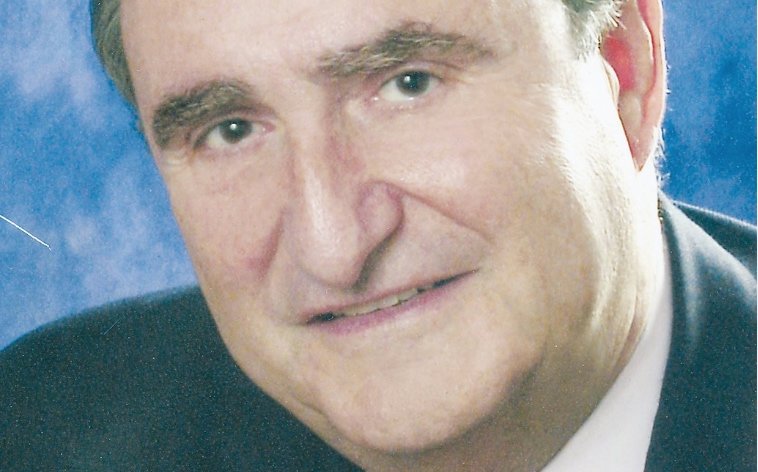Congestion pricing may again haunt motorists
Like the Ghost of Christmas Past, or Lazarus rising from the dead, congestion pricing, sidelined earlier this year by Gov. Kathy Hochul, is due to rear its ugly head sometime later this year. The question is, what form will it take, and will it be any better than the past version?
With little regard for motorists or truckers, this year’s version was an arrogant and blind proposal destined to become an albatross around the necks of any drivers daring to venture into Manhattan below 60th street. The bosses of the Metropolitan
Transportation Authority, led by their arrogant chairman, Janno Lieber, decided in advance that the public would swallow whatever plan they decided on. To paper over the plan, the MTA conducted a series of sham hearings, and then told the world that on June 30, the MTA would start collecting the higher tolls — $15 for cars and $35 for trucks.
Hochul, acting on a number of complaints that the plan was ill-conceived, shocked the bureaucrats by pulling the plug at the last minute. Supporters of the plan, anxious for the MTA to start hauling in the cash, were shell-shocked that the governor would have the nerve to halt its efforts. Numerous groups asked for changes in the proposal, but even the fairest suggestions were brushed aside.
There is no doubt that some of the claims for exemptions were hoggish and undeserved, but some of the pleas were well-motivated and worthy of consideration. To judge what is fair or unfair, you only had to take a look at the London congestion program to decide how to charge drivers who enter the congestion zone. The tolls there are collected only up until 6 p.m., and drivers can enter the city toll-free after that. The MTA, apparently oblivious to the theater industry and Manhattan’s countless restaurants, was determined to collect tolls at all hours. To add to the woes of these businesses, the charges for trucks were destined to become a consumer tax on every item sold in any retail establishment in the city.
How did the London authorities get all the business interests to support their plan? They did it the old-fashioned way. They met with every possible interest group and got support from all meaningful voices. What did the MTA do to win over its opponents? Nothing. Assuming that it was the only important voice on the pricing plan, the agency went full speed ahead, ignoring any serious claim for relief from the tolls.
What role has the New York City government played in this bruising battle? Mayor Eric Adams, who is supposed to protect the city’s business interests, sided with the MTA by stepping back and doing nothing. Has the city played any role in the traffic mess that drivers face every day as they attempt to work their way through perpetual gridlock? Much of that mess is due to the city’s years and years of traffic-related mistakes. Four of the five boroughs are choked with bicycle lanes that were created wherever the traffic commissioners wanted them.
A typical traffic disaster is Lexington Avenue. There are bus lanes on the street that can barely handle double parking by trucks seeking to deliver products for commerce. School buses, and many of the thousands of Uber and Lyft cars trying to work their way through, face blockades from east-west traffic on the cross streets.
What has the MTA done to win over converts since Hochul stalled the plan? London officials worked hard to get unanimous support for their plan. But Lieber sits in his MTA ivory tower, content to let the politicians do the heavy lifting. Everybody agrees that with some honest bargaining, a fair toll plan could be agreed on that would lessen the burden on all sides.
Hochul has done her best to stall the plan, in the hope that some honest compromise can be reached. But once the State Legislature is forced to do something to keep trains and buses running, the lawmakers will pass legislation that will still make a lot of people very unhappy.
Jerry Kremer was an assemblyman for 23 years, and chaired the Assembly’s Ways and Means Committee for 12 years. He now heads Empire Government Strategies, a business development and legislative strategy firm. Comments about this column? jkremer@liherald.com.






